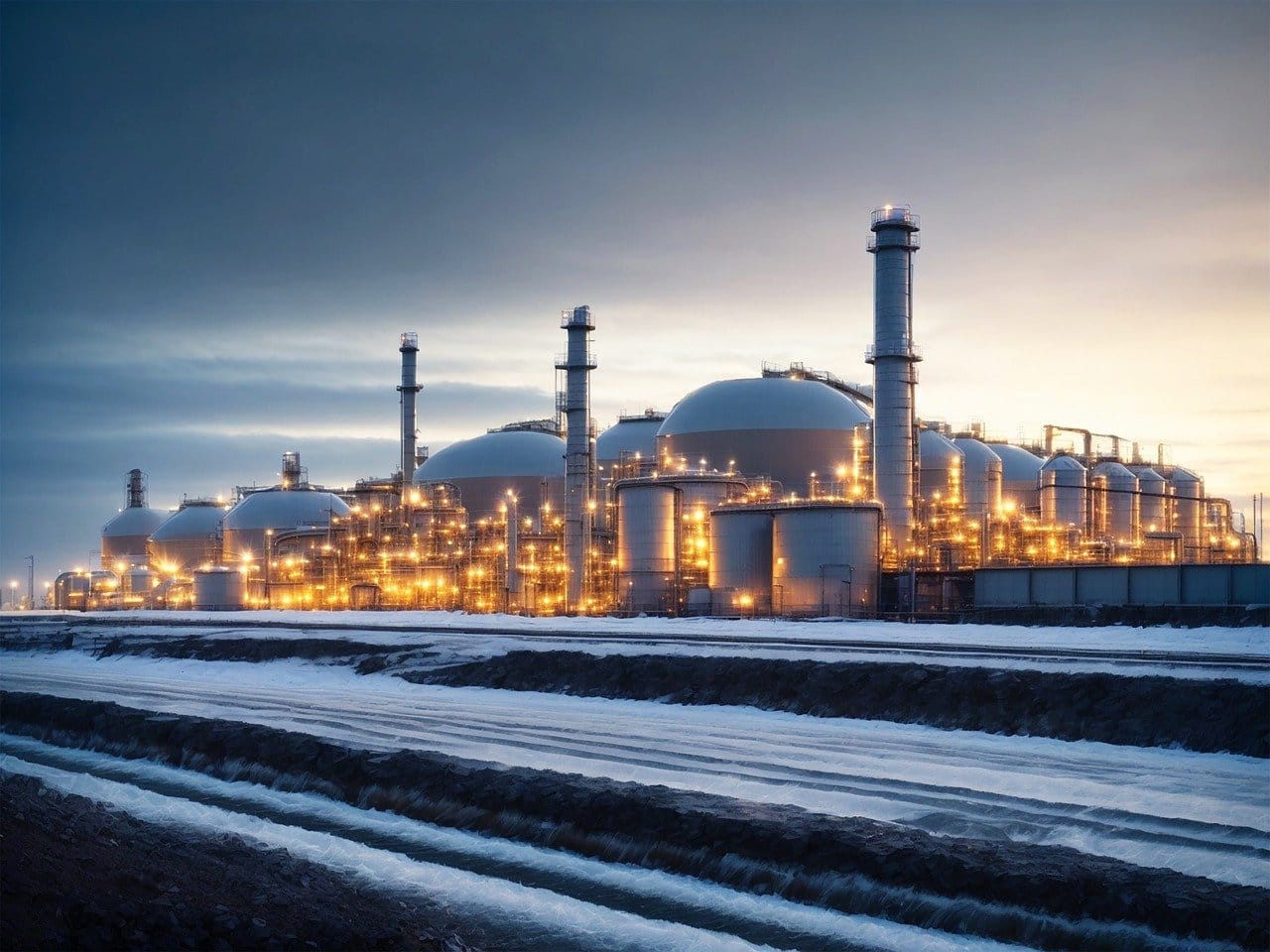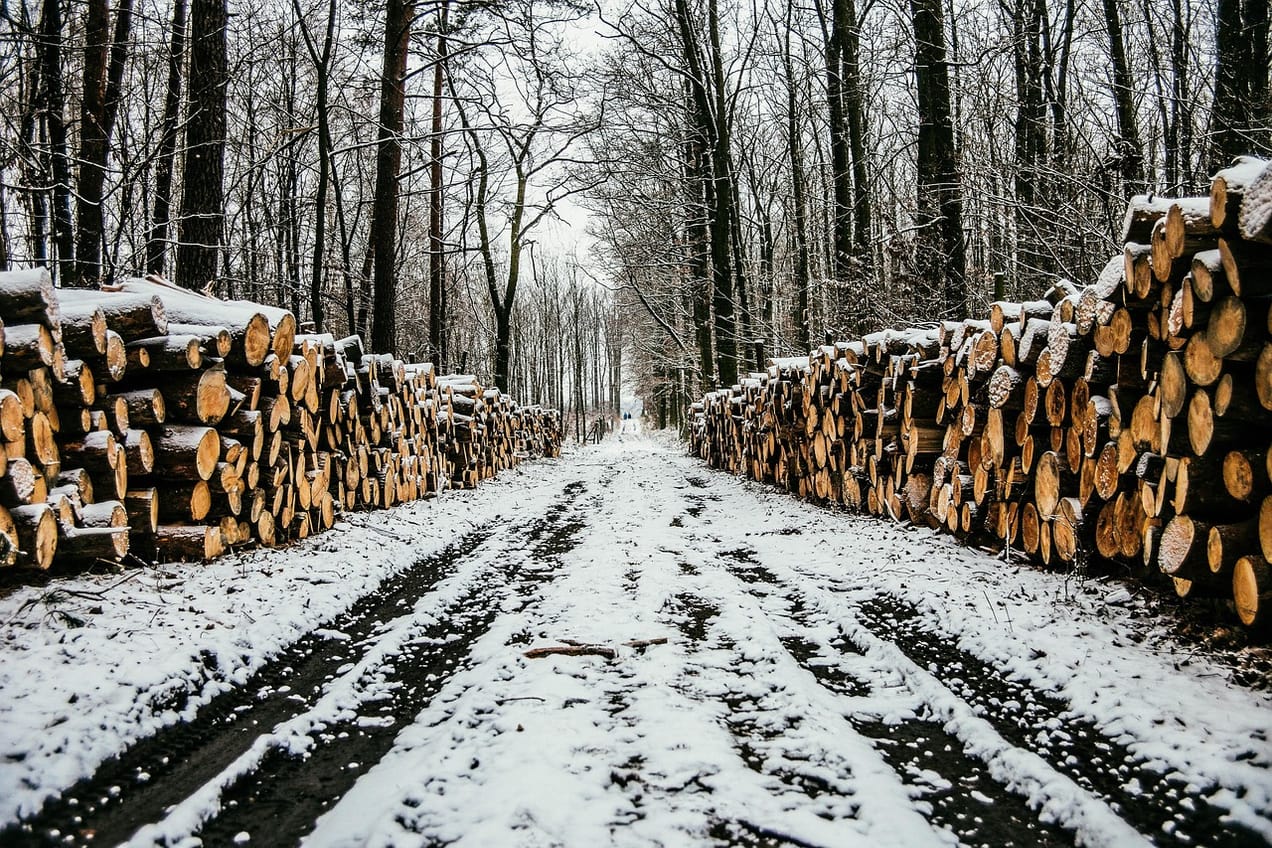
The refinery of the future
Refineries are important parts of the current industrial complex as they process crude oil into useful products such as fuels and feedstocks for various important chemical processes.
Of course we know that burning fossil fuels is a major contributor to man-made greenhouse gas emissions so cutting down our use of them is a positive for the environment. However, what about all of those useful chemical feedstocks that ultimately produce useful end products including plastics for us? Do we have to give those up too?
Paul Martin, a well regarded chemical process development expert, argues in a LinkedIn article that the refinery of the future will be able to still produce those useful products without the need to produce the fuels. It will require a few changes.
Firstly Paul highlights one of the big burners of fuel are the refineries themselves that need to create heat to run their various processes. Electricity can replace this. Heat pumps can effectively reuse waste heat very efficiently and in fact it is only not done more now due to the cheapness of fuels and cooling water currently, as Paul points out. In the future as externalities such as pollution get priced into fuels efficient processes will likely become the norm. Where higher temperatures are required, electric heating, including plasma arcs, can be used.
Secondly, residual 'waste products' from refining that are often burned as fuels too, need to be reconsidered and even transformed further into useful products, even if that means using inefficient processes - as Paul argues, that is still better than burning plus capturing the CO2!
Will it mean petrochemicals and plastics will be more expensive in a post-decarbonised world? Probably with the higher processing costs offsetting the cheaper feedstocks, but as Paul points out "... that's good expensive [as it] means we'll be motivated to conserve and recycle them better."
It is a very interesting and well written article - definitely worth a read.
On the same topic, an interesting paper published in Nature by Professors Bert Weckhuysen and Eelco Vogt from Utrech University examined the viability of a completely fossil-fuel free future refinery. In their future refinery, chemicals and monomers are made from biomass and plastic waste. They conclude that such a refinery whilst technically feasible and with the potential to become carbon-neutral, it would require a huge amount of green energy to produce the hydrogen required in the conversion processes.
Transitioning the chemical sector is both important, and a major challenge - technologically and financially.
Technologically because there is uncertainty around the best pathway. We have some really good pointers as to the direction of travel, but we are still a decade or more away from having the full answer.
Financially because the new pathways will require very different means of production, exposing the industry to stranded assets.
The chemical industry is fundamentally different from industries such as oil and gas. Most people do not really care if the oil and gas industry survives financially (in the very long term). They know that at some time over the next three decades other alternatives will largely replace fossil fuels. Oil and gas may survive in some form, but it will be a much smaller industry, a niche energy provider in a world of electrification.
Link to blog 👉🏾 https://www.thesustainableinvestor.org.uk/how-much-for-green-chemicals/
This article featured in What Caught Our Eye, a weekly email featuring stories we found particularly interesting during the week and why. We also give our lateral thought on each one. What Caught our Eye is available to read in full by members.
If you are not a member yet, you can read What Caught Our Eye when it comes out direct in your email inbox plus all of our blogs in full...

Click this link to register 👉🏾 https://www.thesustainableinvestor.org.uk/register/

Please read: important legal stuff.

